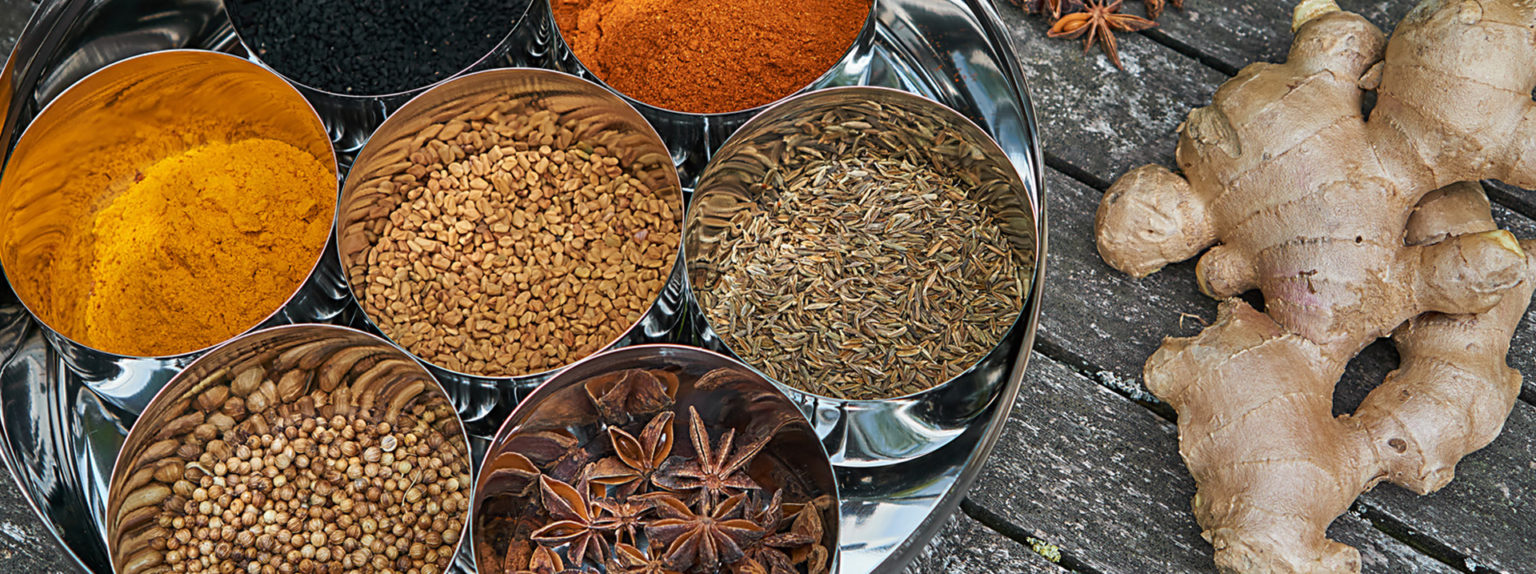
Blog
Hay fever time!
What is Hay fever?
Hay fever or allergic rhinitis is an allergic reaction that occur mainly in the respiratory system, especially the eyes and nose. Signs include sinus congestion, watery eyes, catarrh, phlegm, sneezing a cough and cold. Hay fever is mainly caused by pollen.
What happens in an allergic reaction?
Mast cells are immune cells, scattered throughout the tissues lining the surface of the body, lungs, intestines, eyes, nose and mouth. They are responsible for producing a chemical called histamine. Histamines start the process of removing allergens out of your body. They can make you itch, make your cry or sneeze. They are a defence mechanism.
This defence mechanism sounds great! What is the problem?
In an individual that suffers from hay fever, their immune system is hypersensitive. They may spend the whole season suffering from hay fever. Your body’s intention to keep your safe is great. It is the overreaction that creates these symptoms.
The Ayurvedic take on Hay fever
Ayurveda believes that allergies are a result of a weak or imbalance digestion / digestive fire. If the digestion is weak, food cannot be processed correctly neither can nutrients be extracted efficiently. The end results of the digestive process in Ayurveda is Ojas which translates as life’s essence and immunity. Lowered immunity gives rise to allergies.
There are three different types of allergies:
- Vata related – can be seen in the Vata parts of the body. Nervous system, respiratory system, bones and colon. You may get bloating, tingling sensations, twitching of muscles, bones or muscle ache (not inclusive list).
- Pitta related – can be seen in the pitta parts of the body. Skin, eyes, parts of the digestive system. You may get heartburn, nausea, diarrhoa, burning red eyes.
- Kapha related – Parts of the respiratory system are kapha related. You may experience runny nose, mucus accumulation, hay fever, congestive disorders, sinusitis and asthma.
Treatment of Hay fever
The basis of Ayurveda is the digestive system. We first look at balancing / improving the digestive power. This will result in processing food correctly and not producing excess ama or toxin. Depending on which type of Hay fever you have, eg kapha related etc Ayurveda tailors your food accordingly. We look at the nidana or causative factors. For example, if you have vata related allergies, you would avoid cold, dry, windy weather (or if you must go out in it, wrap up super warm!). There are beneficial herbs for each situation but I don’t list these as it is best to consult a practitioner before self diagnosing. In Ayurveda, herbs are medicine but used incorrectly, can be poison.
Herbal teas may help as follows:
- Vata related allergies – herbal teas with ginger, cumin and lemon teas.
- Pitta related allergies – teas with fennel, ginger and saffron
- Kapha related allergies – herbal teas with cinnamon, cardamom, clove, ginger
Not too sure which type your hay fever is?
If you suffer in the spring, it is likely to be kapha related. When we come out of winter in to spring, Ayurveda guides us to go through a Ritucharya, or season change. At this time of year, kapha is melting in your body. We support this, whether we have hay fever or not, by creating an environment for our body to kick out the melting kapha. With hay fever, your digestion is not strong enough to process and eliminate this. Hence the ‘ama’ staying in your body and going to the weak part of your body which is your respiratory system here.
Steps you can take at home
Do your own ‘cleanse’ at home. You can do this by eating warm cooked foods and eliminating cold, heavy, hard to digest foods. If possible, eliminate or reduce the following foods:
- Dairy
- Tomato
- Fried food
- Red meat
You can also sip on that herbal tea, get into a routine with regular meal times and use a neti pot to clear your passages.
Seeing an Ayurvedic practitioner or Ayurvedic doctor to rebalance your digestion with herbs is a great way to improve your experience with Hay fever this year. Send me a message for a consultation!!

